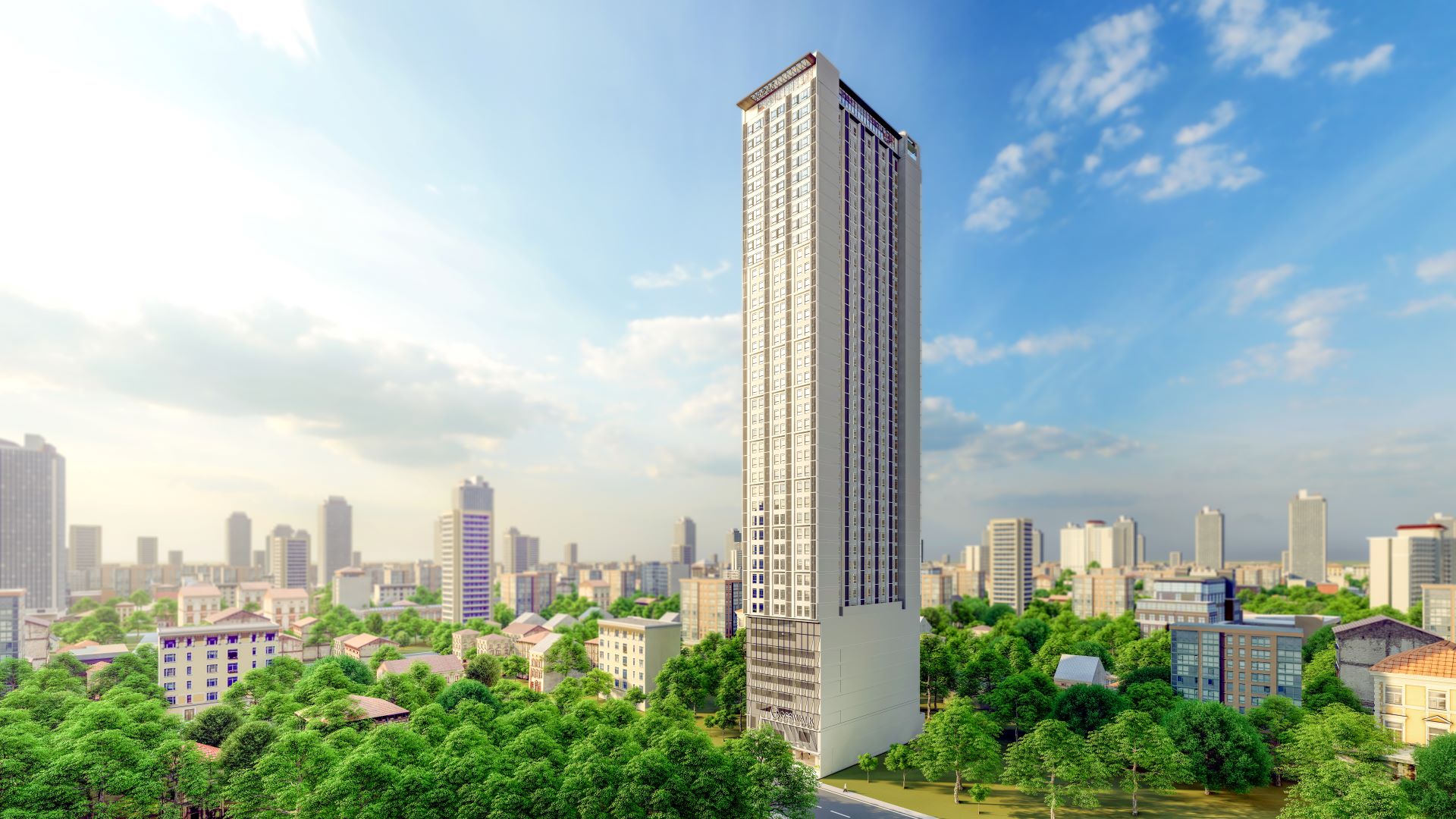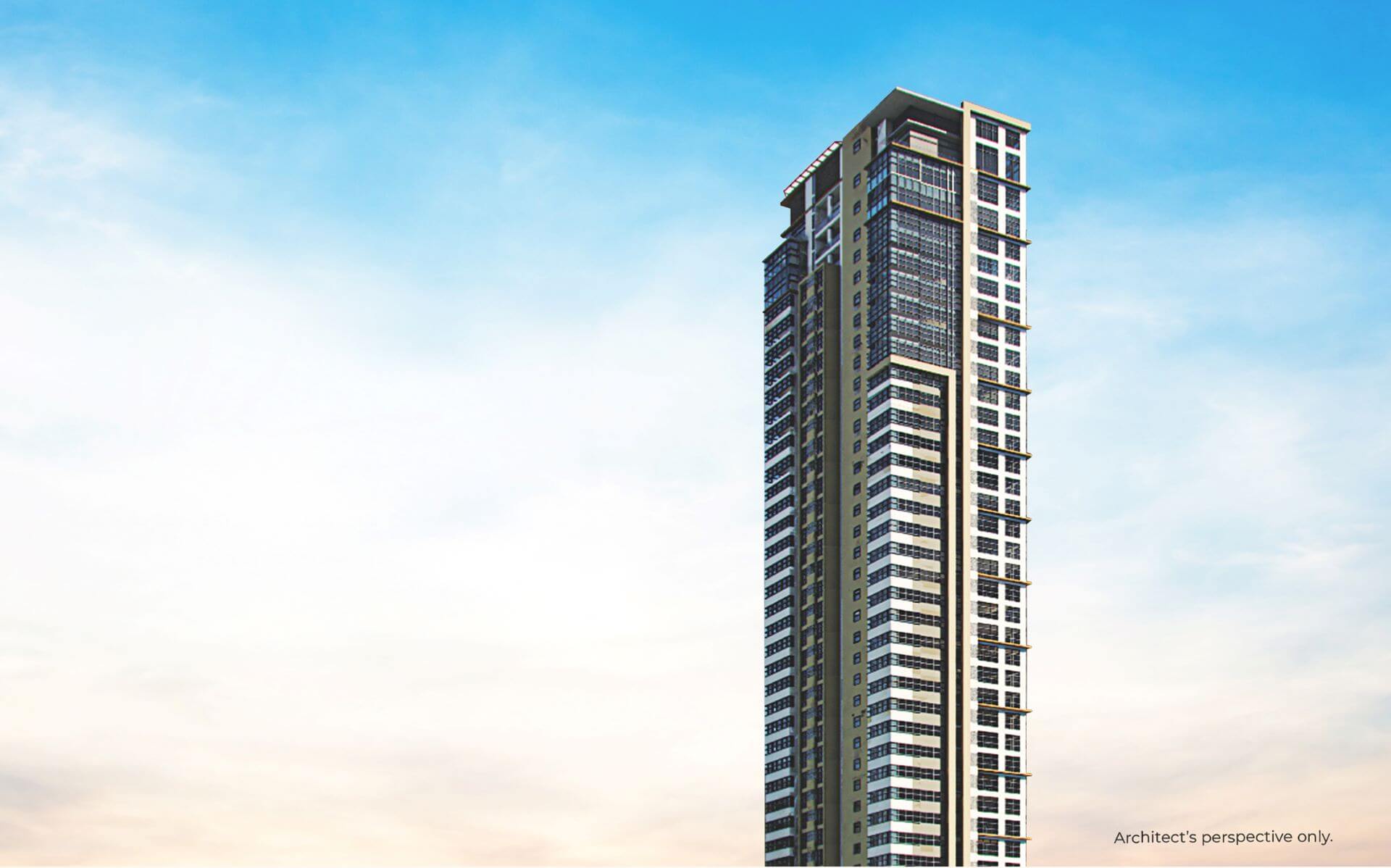Buying a condo in Metro Manila, for example, can be intimidating at first but trust that you can always ask for clarifications to remove any apprehensions. Here are some factors that one should consider when buying a new property.
Know your financial capability
Things to consider when applying for a housing loan: your income, credit history and debt service ratio.
Income is important because it helps lenders determine your capacity to pay for the loan, while your credit history shows that you can properly manage your finances. Debt service ratio refers to the percentage of your income that will go to your monthly amortization. As a general rule, your total monthly amortizations should not exceed 30% of your gross monthly income.
Determine how much you should borrow
Apart from your capacity to pay, the loan amount is also determined by the appraised value of the property. Banks may lend a minimum of P400, 000 but not more than 80% of the property’s selling price. Keep in mind, only borrow the amount you can pay back to avoid foreclosures and losing the investment.
Consider your financing options
Now that you know if you can really afford the property, it’s time to assess which financing scheme offers loan terms and monthly amortizations that are best suited to your budget.
Here’s a rundown of the different financing schemes available to Filipino property buyers:
- Bank Loans – For first-time homebuyers, this is their first option when looking for housing loans. Compared to other institutions and lenders, banks grant longer loan terms and have more competitive rates. However, banks are very strict when it comes to loan approval and require more documents such as government-issued IDs, income tax return forms, certificate of employment, and pay slips among others.
- In-house Financing – Applying for in-house financing is simple and straightforward. Most of the time, developers require only the down payment and a verifiable proof of income. Little background checking is done. However, it comes with a steep price. Rates would usually range from 14% to 19% and loan tenure is shorter, rarely exceeding 10 years.
If you are planning to buy a property, you should be able to get enough information from the developer, or banks where you consider loaning from. By having all the information you need, you are sure to make the right decision in purchasing your first home or property investment.









